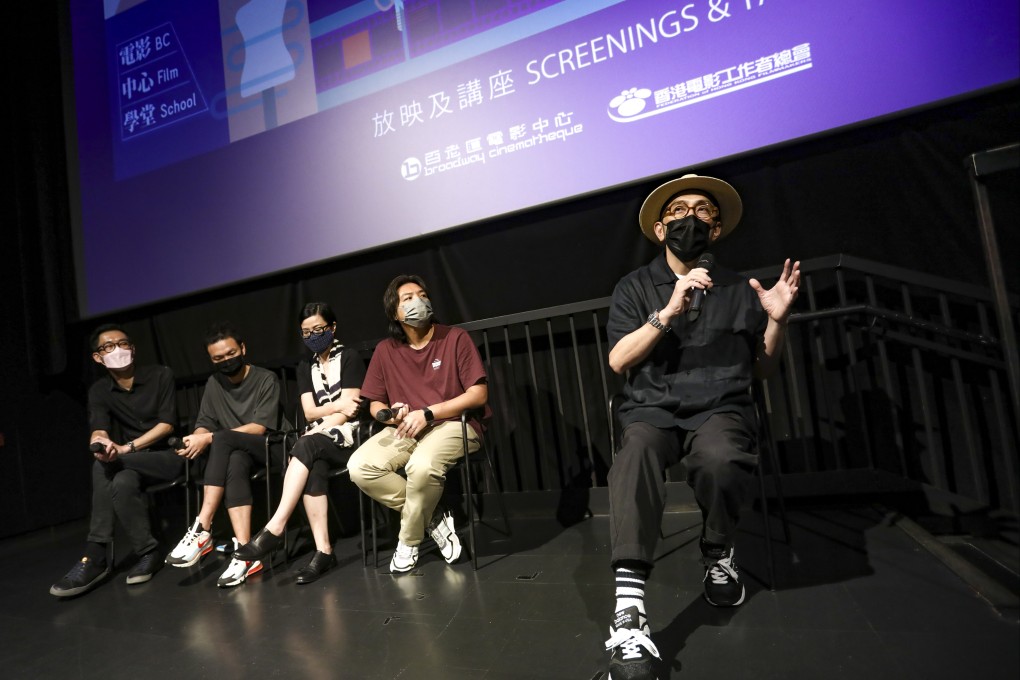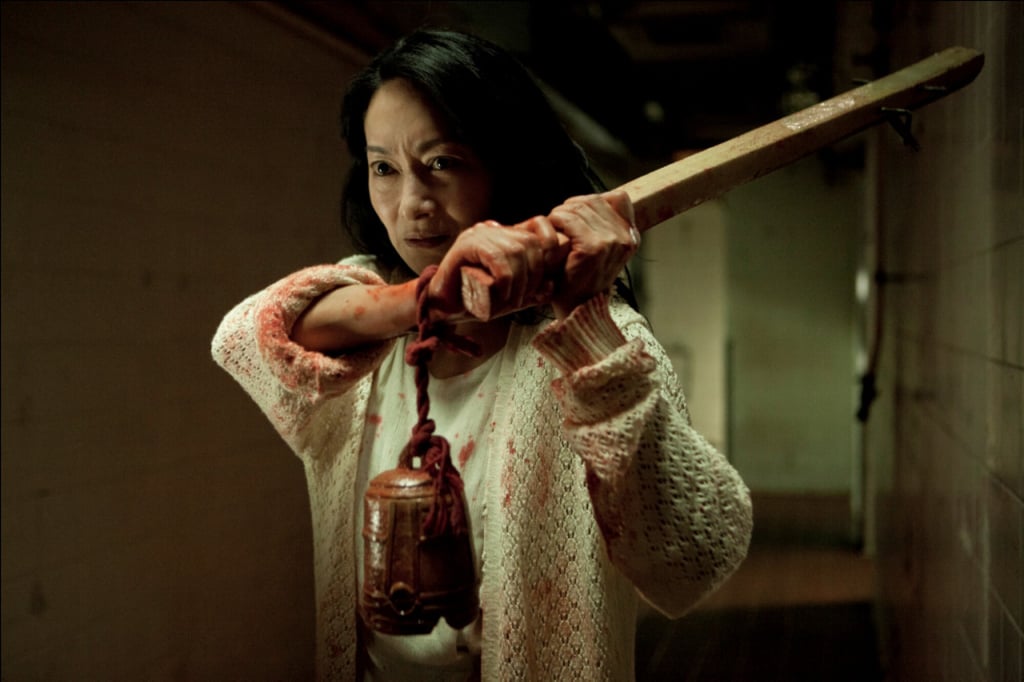Lessons in film appreciation for Hong Kong cinema-goers as city’s movie industry charts future under tightened censorship
- A series of talks co-organised by the Hong Kong Association of Filmmakers explains what different members of a film production team contribute to a movie
- The association hopes enhancing audiences’ appreciation of Hong Kong films means they ‘will not disappear’ despite recent tightening of censorship

The tutorial film opens with a shot of dried flowers in a studio. A woman in an apron ties up her hair. She gets a call from a customer and starts arranging the flowers in front of her.
The audience can’t see what sort of shoes she is wearing, but for Miggy Cheng Sau-Han – who has dressed many film characters including Kara Hui Ying-hung in Rigor Mortis (2013) – it would only make sense if the woman was wearing flip-flops.
“Because she’s busy, and she needs to deliver the flowers to the customer once she finishes arranging them. Wearing slippers is convenient for her,” says the veteran costume designer, whose credits include Fate (2008) and Floating City (2012).

Details like this might not be seen by cinema-goers, but they are thoroughly and meticulously planned by film production teams. Cheng says she considers how even unseen details can enhance a film and help build the world of the story even though the audience may not notice them.